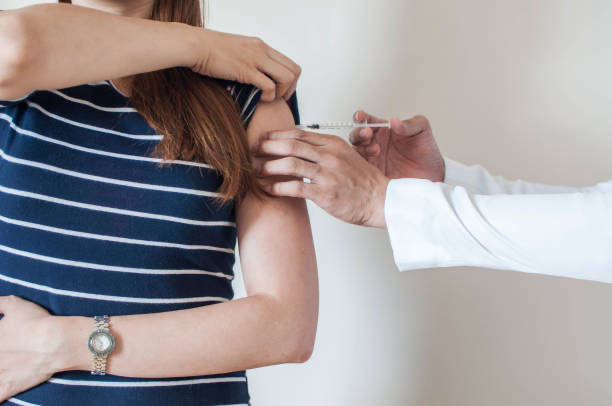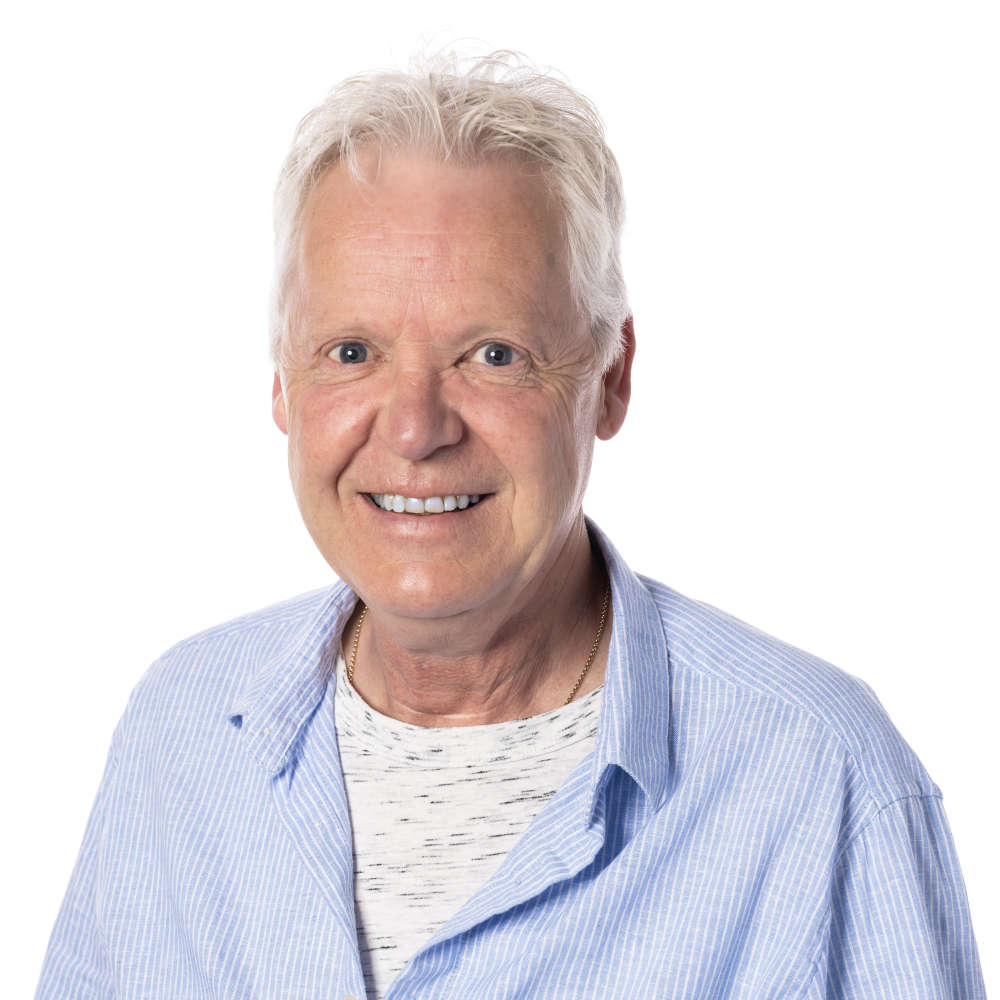
The UK Health Security Agency are highlighting the benefits that the new RSV vaccination programme is expected to bring following its introduction from September.
A recent detailed analysis estimated that the new programme launching in England this autumn could typically prevent 5,000 hospitalisations and 15,000 emergency department attendances for infants.
A consultant at the UK Health Security Agency (UKHSA) is calling on pregnant women in the West Midlands to take up the new RSV vaccine that will protect their babies from serious respiratory illnesses.
The UK Health Security Agency and Joint Committee for Vaccination and Immunisation (JCVI) are highlighting the benefits that the new RSV vaccination programme is expected to bring following its introduction from September.
A recent detailed analysis estimated that the new programme launching in England this autumn could typically prevent 5,000 hospitalisations and 15,000 emergency department attendances for infants.
The study bases its estimates on the assumption that uptake among pregnant women will be around 60%. It also estimated that the maternal programme could mean 70,000 fewer RSV illnesses in infants under 12 months, 20,000 fewer GP consultations and avoid more than 200 infants being admitted to intensive care units.
Despite infecting around 90% of children within the first 2 years of life, RSV is not something that many people are aware of.
Paul Fisher, Consultant in Health Protection at UKHSA West Midlands said: “RSV is a major cause of respiratory illness, which typically causes mild, cold-like symptoms.
“However, RSV can be particularly dangerous for infants and elderly people. The virus can lead to pneumonia and infant bronchiolitis, a chest infection, requiring hospitalisation and intensive care in severe cases.
“From 1 September this year, pregnant women can have a vaccine to help protect their babies against RSV. Studies have shown that the RSV vaccine is very safe for pregnant women and their babies.
“Everyone turning 75 years old on or after 1 September 2024 will be offered a single dose of the RSV vaccine.
“Your GP surgery will contact you to offer you an RSV vaccination appointment if you are eligible.”
RSV illness is the main cause of winter pressures in children’s hospitals each year leading to pressure on paediatric intensive care units, including cancelled operations. It accounts for approximately 20,000 hospitalisations in children under 1 and is responsible for 20 to 30 infant deaths a year in the UK.
The UKHSA continues to work rapidly with NHS colleagues to ensure an effective roll out of the two new programmes and will also monitor the impact of the programmes through its routine national surveillance.
Professor Dame Jenny Harries, Chief Executive of the UK Health Security Agency, added: “These two new RSV vaccine programmes - one for pregnant women and another for older adults as they turn 75 - offer huge opportunities to prevent severe illness in those most vulnerable to RSV, helping to protect lives as well as ease NHS winter pressures.
“UKHSA has provided critical scientific information to evidence the benefits of a national RSV immunisation programme and so the rollout of the vaccine is a truly positive moment for the public’s health. I urge all those eligible, to take up the offer when the programmes begin in September.”
With the RSV vaccine available from 1 September 2024 in England, a mother from Southampton, Christine Burlison, whose baby became seriously ill from the virus, is urging pregnant women to get vaccinated and ensure they give the best protection to their newborns at a time when they are most at risk from RSV.
In addition to the maternal vaccine programme, a free RSV vaccine will be offered to all those turning 75 years on or after 1 September, along with a one-off campaign for those already aged 75-79 years.
The same modelling – using enhanced surveillance of older adult admissions – suggests that the first season of the older adult’s catch-up programme could prevent around 2,500 hospital admissions, 15,000 GP visits and 60,000 RSV illnesses in adults in this age group.












Comments
Add a comment